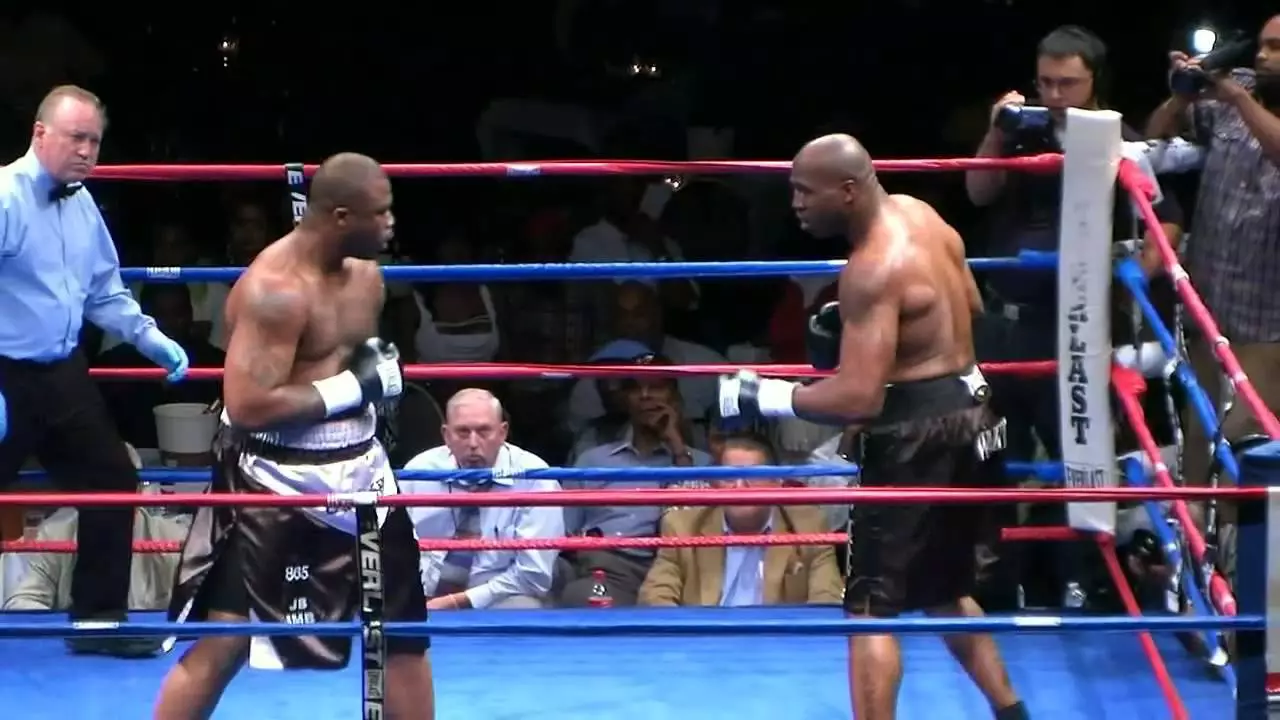In a heart-wrenching turn of events, the boxing community mourns the loss of Alonzo Butler, a former heavyweight contender, who passed away at the tender age of 44. The confirmation of his death came from his daughter, leaving many in disbelief, particularly as this tragic news coincided with what would have been his 45th birthday. Neither the cause of death nor the circumstances leading to it have been disclosed, adding an air of uncertainty and sadness to the already emotional farewell.
Though not originally from Knoxville, Butler found his footing and fame in the city. His journey from an exceptional football player to a celebrated boxer stands as a testament to his adaptability and fortitude. This transition was not just about changing sports; it was about carving a niche and becoming a local hero. His impact was significant enough to earn him the title of ‘Knoxville Pro Athlete of the Year’ in 2006, a distinction that reflected the pride and admiration the community held for him.
Butler made his professional boxing debut in April 2005 and quickly ascended through the ranks, showcasing both skill and determination. Although he faced setbacks, including a notable loss to Travis Walker for the WBA-NABA heavyweight title, his record stands as a strong testament to his abilities: 30 wins, 3 losses, and 1 draw, with an impressive 23 of those victories coming by knockout. Remarkably, Butler never faced the humiliation of being knocked out himself, demonstrating his resilience and toughness in the ring.
Butler’s journey in boxing was marked by significant wins over various notable fighters such as Demetrice King and Terry Porter, showcasing his talent against worthy opponents. Despite his retirement in 2016, plans for a potential comeback sparked hope among fans that they might witness more of his skills, although those aspirations will now remain unfulfilled.
Key figures in Butler’s life, including his trainer Ace Miller, remember him not simply for his boxing prowess but for his warm personality and the role he played as a mentor. Butler aimed to be a positive influence in the community, particularly with the youth participating in Golden Gloves boxing events. His commitment to nurturing young talents illustrated his desire to give back, proving that he understood the responsibility that came with his accomplishments.
Miller reflected on Butler’s character, highlighting the dichotomy of his kind-hearted nature paired with the fierce resolve it takes to be a heavyweight champion. Although Butler did not capture a world title, he nevertheless etched his name in boxing history, leaving behind a legacy of passion, determination, and communal pride.
As friends and family gather to remember Alonzo Butler, it is clear that his impact extended beyond the boxing ring. He was not just a fighter; he was a symbol of hope, resilience, and community spirit. His journey serves as an inspiration to many, particularly in Knoxville, where he became a significant figure. The boxing world has lost a remarkable talent, but his memory will live on in the hearts of those who knew and respected him.

